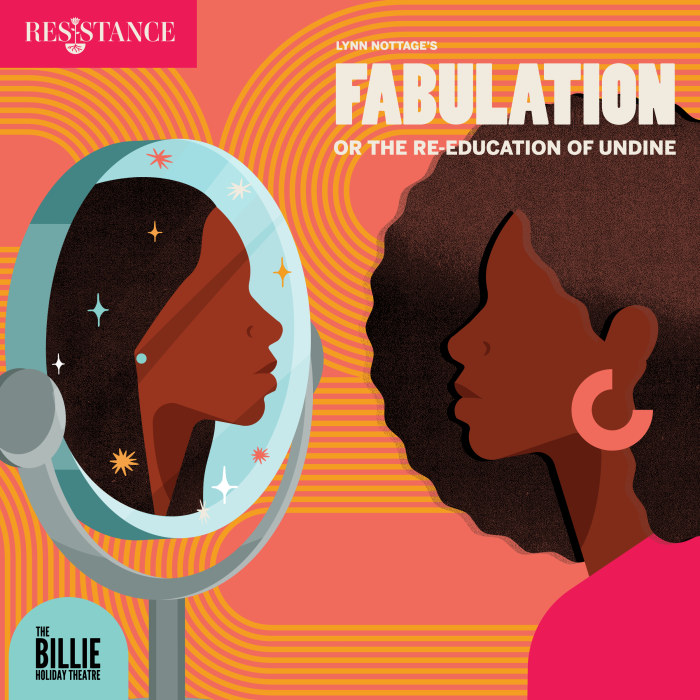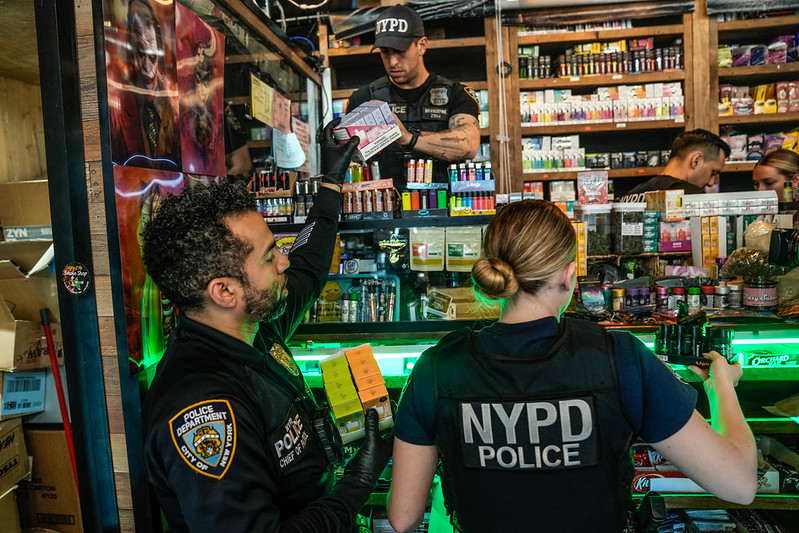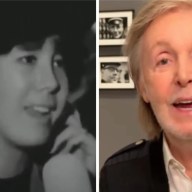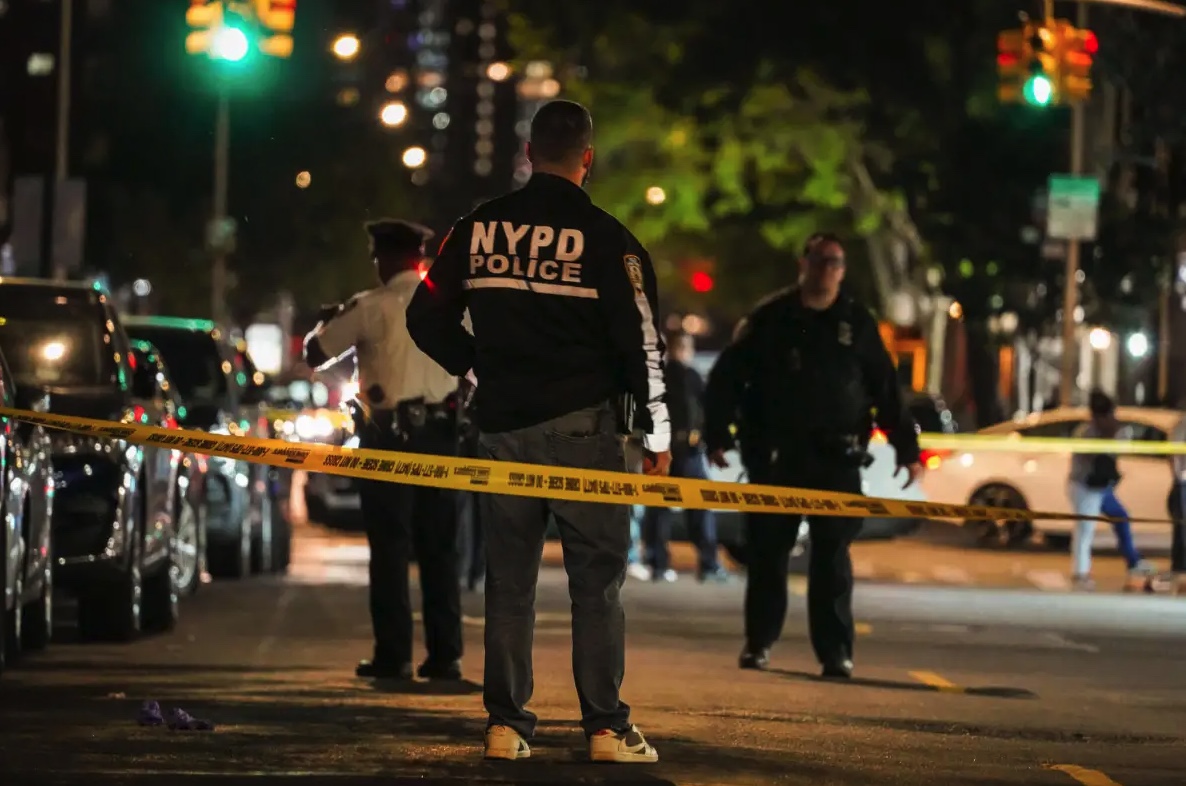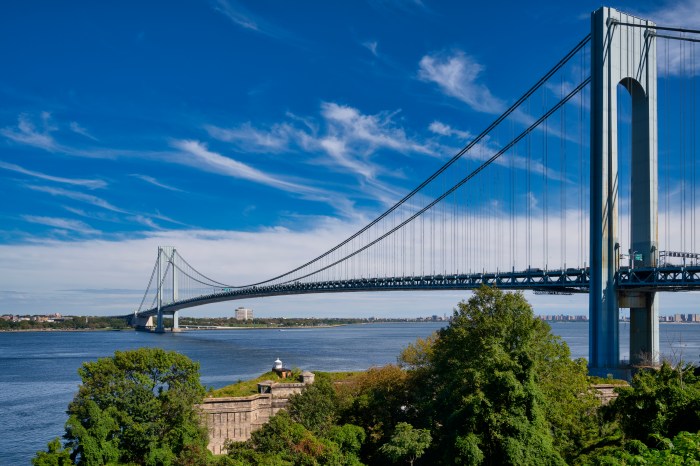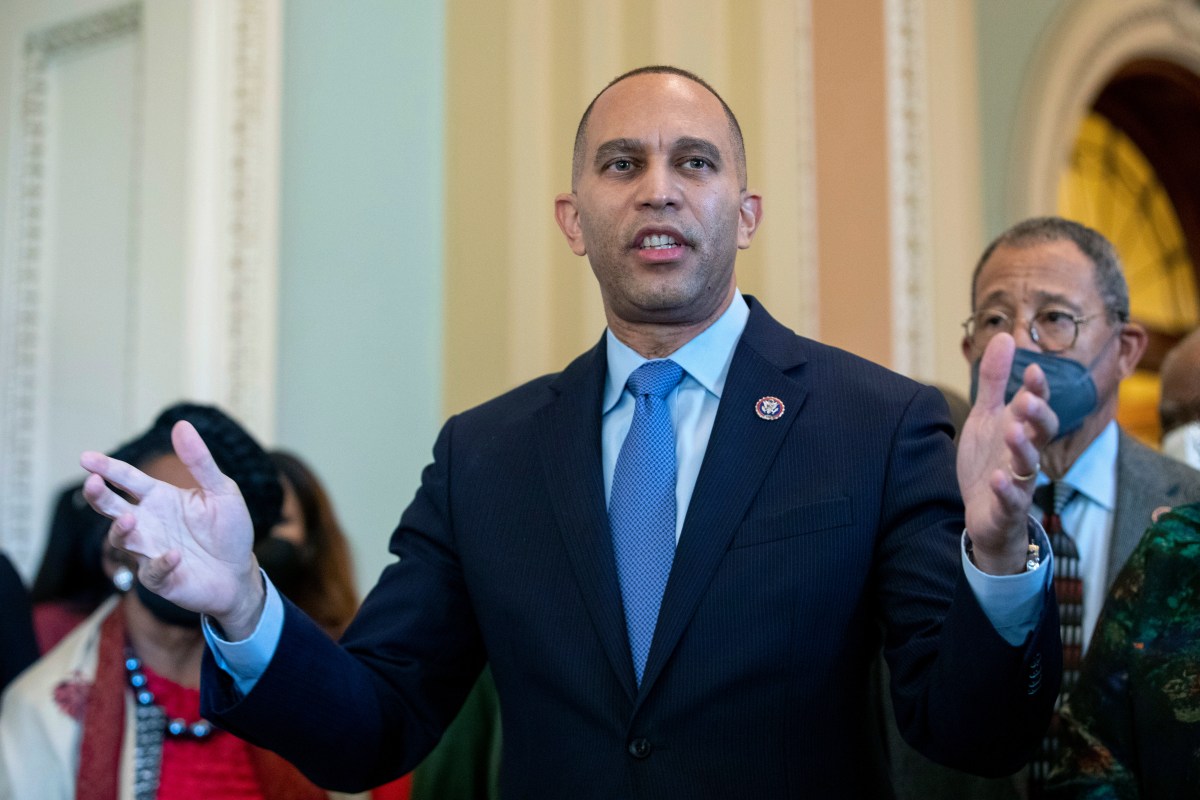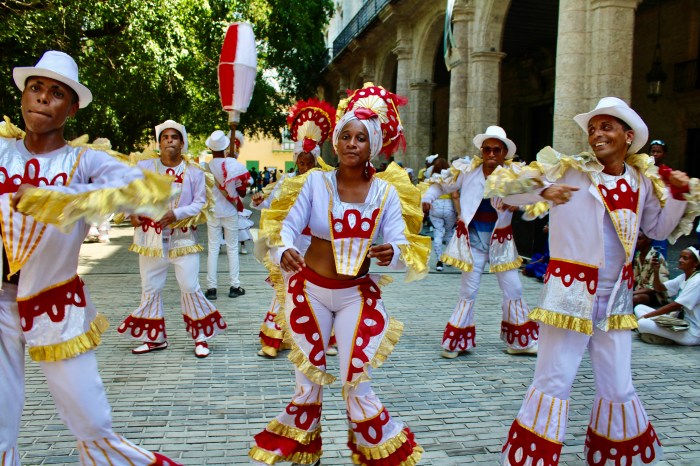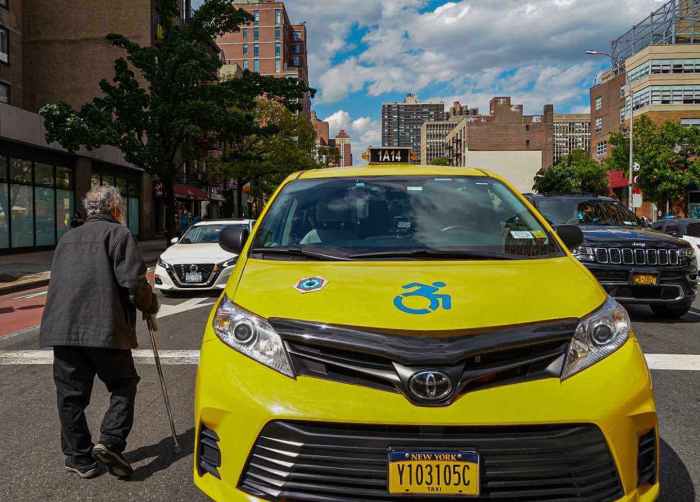The Supreme Court on Wednesday unanimously upheld New York’s “smoke-filled” system of choosing trial judges — a case that originated out of Brooklyn’s cronyism-driven Democratic machine.
Justice Antonin Scalia, writing the 9–0 decision, signed off on a system that allows party regulars to pick judge nominees in closed conventions — and then allows the nominees to face little or no opposition in the general election.
“A political party has a First Amendment right to limit its membership as it wishes and to choose a candidate-selection process that will in its view produce the nominee who best represents its political platform,” Scalia wrote. “Party conventions, with their attendant ‘smoke-filled rooms’ and domination by party leaders, have long been an accepted manner of selecting party candidates.”
Justice John Paul Stevens added a brief opinion that quoted former Justice Thurgood Marshall: “The Constitution does not prohibit legislatures from enacting stupid laws.”
The case originated in Brooklyn after then-Civil Court judge Margarita Lopez Torres said county Democratic leaders blocked her from getting the party’s nomination for a Supreme Court judgeship because she refused to hire people they recommended.
Three years later, Lopez Torres said party bosses offered her a second chance if she would hire a leader’s daughter. She refused.
Two courts ruled in Lopez Torres’s favor and threw out New York’s system, agreeing that it is very difficult for candidates to get on the ballot if they don’t have support of the party leaders.
But Scalia’s ruling said there is nothing unconstitutional about such a process.
The system’s opponents “complain not of the state law, but of the voters’ (and their elected delegates’) preference for the choices of the party leadership,” Scalia said.
Critics have said the conventions are patronage-driven affairs in which allies of party leaders are rewarded with judgeships and all others are shut out.
Indeed, the appeals court said that between 1990 and 2002, almost half the state’s elections for trial judges were uncontested, calling them “little more than ceremony.”
— with Associated Press




